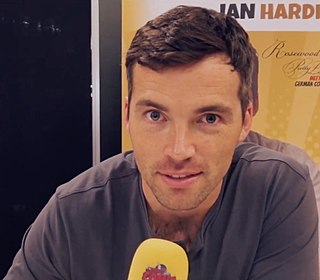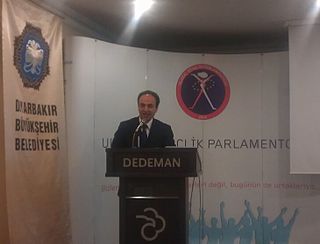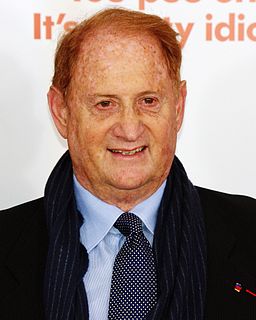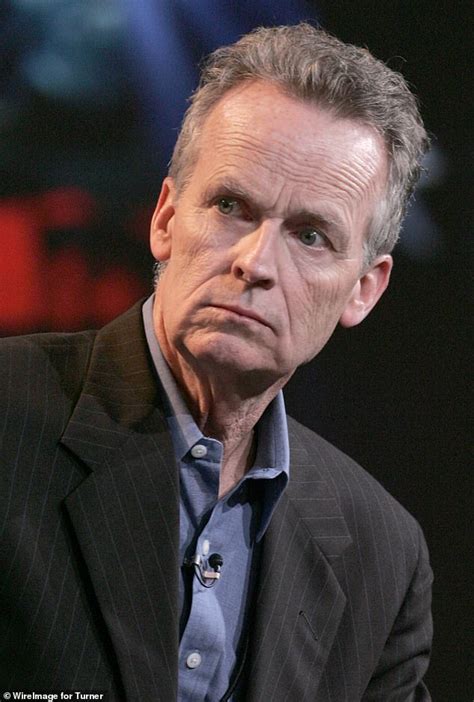A Quote by Om Malik
The lens through which I view the media world is pretty simple: If you are in the business of sucking up attention, then you are in the media business.
Related Quotes
My definition of media? 'Anything which owns attention.' This could be a game or, perhaps, a platform. Ironically, the media tends to associate media with publishing - digital or otherwise - which, in turn, is too narrow a way to consider not only the media but also the reality of the competitive landscape and media-focused innovation.
PR got to be much bigger because of the emergence of digital media. Now we have hundreds of people who are, in a sense, manning embassies for Facebook and Twitter for brands. So the business in effect has morphed from pitching stories to traditional media, to working with bloggers, Twitter, Facebook and other social media, and then putting good content up on owned websites.
Frightening media messages...pervade the news business, which really ought to be called "the bad news business" for its preoccupation with disaster and destruction. In broadcast journalism, killing is almost always covered, while kindness is almost always ignored. The more alarming a news item is, the more attention it receives.
The food shortages and high prices have certainly sparked the world media's attention, particularly since they're coming in such diverse places, being everywhere from Haiti, to Senegal, to Bangladesh, to Egypt - a range of countries. That sort of caught the media off guard, and serves the media's prurient interests insofar as "it bleeds, and so it leads".




































